In this advice, we'll tell you what exactly spirulina is.
Spirulina is the name of a type of blue-green algae (photosynthetic bacteria), which thrive in freshwater lakes.
These algae have been known since ancient times and were part of the menu of the ancient Aztecs and other peoples. Nowadays spirulina is known as a food supplement. Spirulina is extremely useful, because of its chemical composition, which is:
It contains many macro- and microelements, including proteins, essential amino acids, vitamins and essential fatty acids. It also contains some more specific compounds, which many scientists have studied and found to be beneficial to our health.
One of these compounds is phycocyanobilin, which is 1% of the total weight of spirulina. Spirulina owes its anti-inflammatory and antioxidant properties to this compound.
There are 15 types of spirulina in the world, but three of them are in the focus of attention, like Spirulina platensis, Spirulina maxima and Spirulina fusiformis, because they have great nutritional value and many benefits for our health.
100 g of spirulina contains:
- calories - 289 kcal;
- proteins - 57 g;
- carbohydrates - 24 g;
- fat - 8 g;
It also contains many vitamins and minerals, some of which are:
- vitamins B1, B2, B3;
- iron;
- calcium;
- potassium;
- magnesium;
- manganese;
- phosophre;
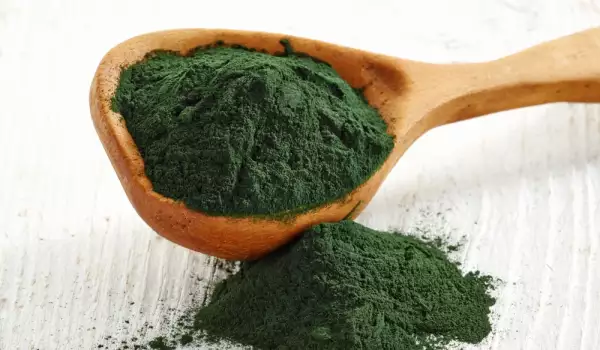
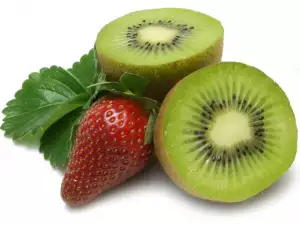
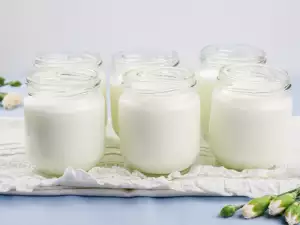



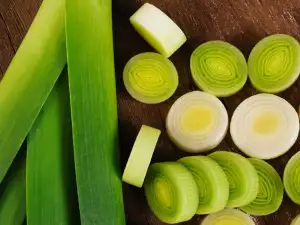

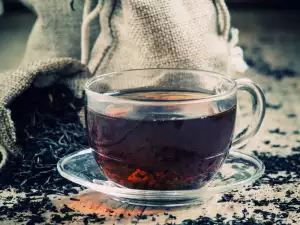
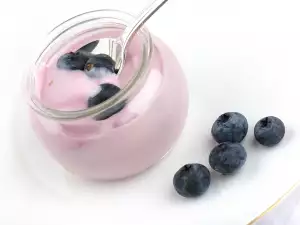
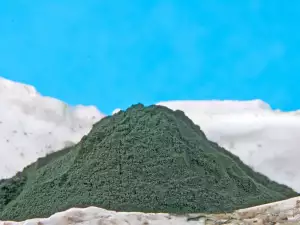
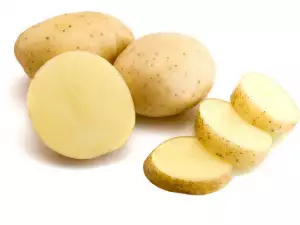

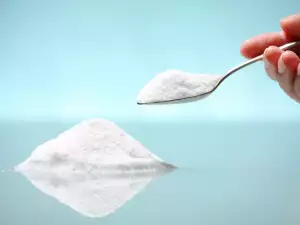
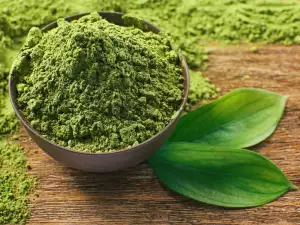
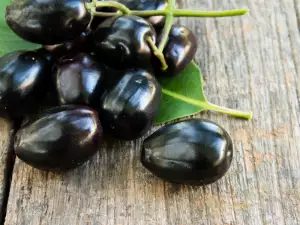

Comments